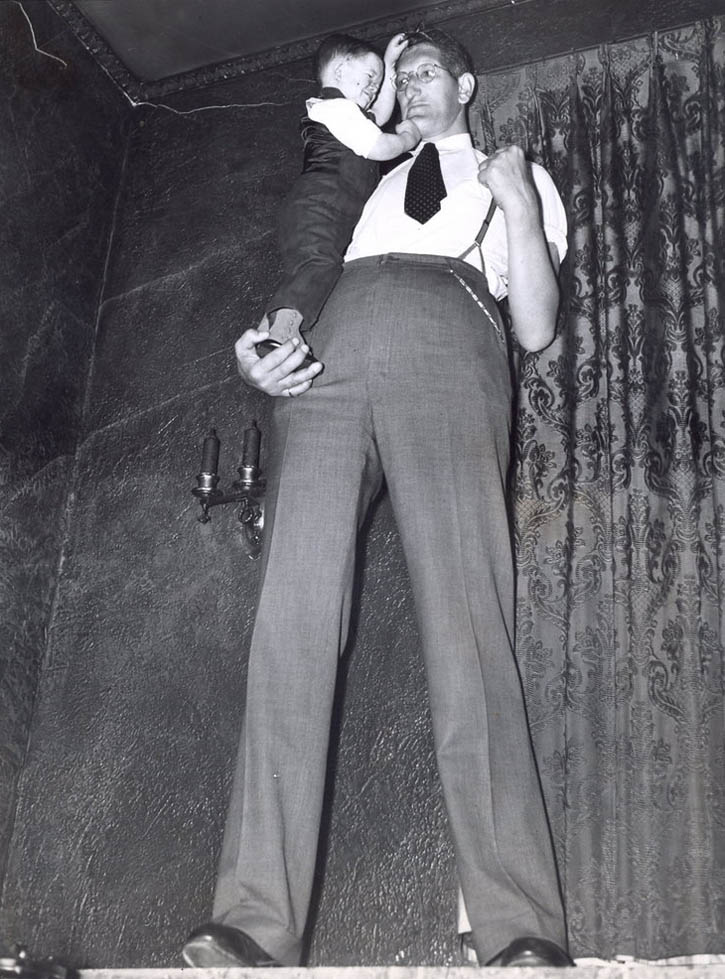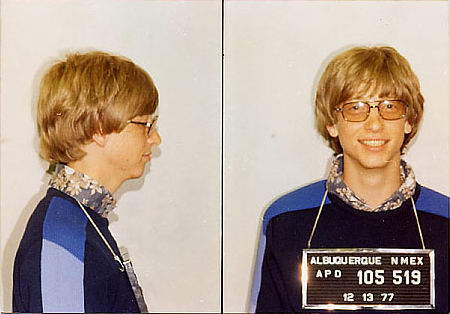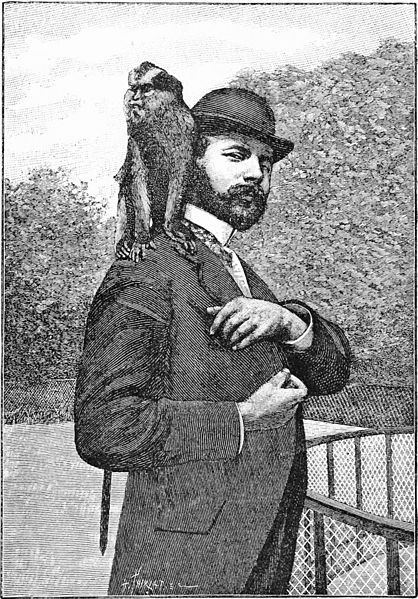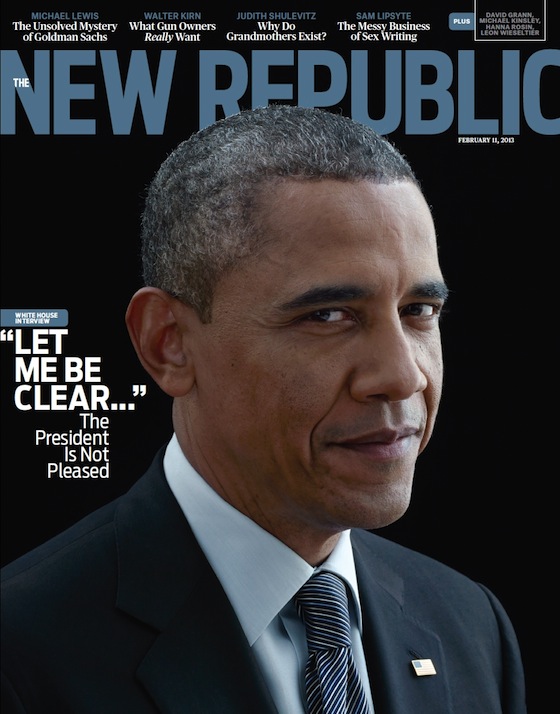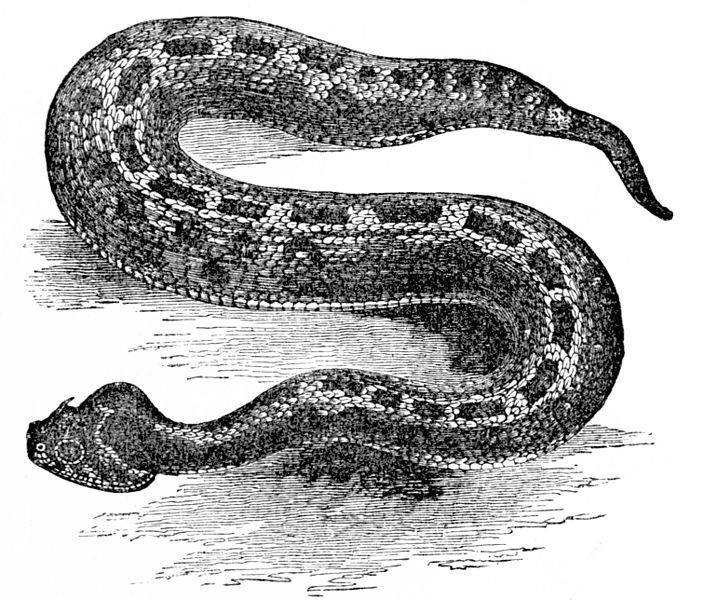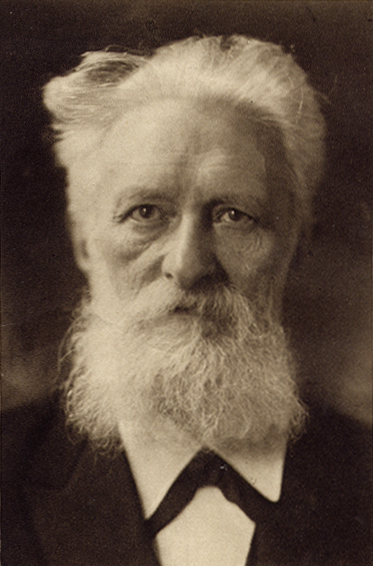
“He smiled a sexy knowing smile, his eyes sinking into her and rummaging into her soul where he didn’t belong.”
THE CHOSEN ONE (EBOOK) – $3 (Amazon)
Dressed in his white flowing robes edged in an intricate gold threaded pattern, he was an author’s Arabian night’s gallant and her illicit fantasy. With all of the courage she could muster, Sarah held his gaze with a challenge attempting to quell her inner chaos.
“At last you come, Chosen One. I have waited without patience.” His deep quiet voice and exotic accent framed vividly the fleeting memories of her dreams. I have searched for you for such a very long time.”
The accuracy of his words struck raw fear in her heart sending her on the immediate attack. “Are we on that again? — Excuse me sir, if I seem rude, but my name is Sarah . . . Sarah Hope . . . I don’t really go by Chosen One.” The heavy veil muffled the effect of her words.
He smiled a sexy knowing smile his eyes sinking into her and rummaging into her soul where he didn’t belong. “Sarah Hope, yes I know your name, it is very beautiful and fitting for you. Why do you suppose your mother named you this name?”
“She said that I was born for a reason,” Sarah said, instantly regretting her words for she was certain it would only play into his crazy notions about her. He smiled again and nodded. “Indeed, your mother was quite correct. You are The Chosen One, and that is the reason you were born.”
Sarah groaned. “You have got to be kidding, that sounds like something out of a bad movie.”
“Yet, you know I speak the truth.”
“I don’t think my mother ever believed anyone would make a connection between “Sarah” and the “Chosen One.”
His eyes shaded with burning force. “Do you know what Sarah means in Hebrew?”
Sarah felt her thoughts come to a halt from the ironic religious inconsistency of his question. “What does an Arab know, or care about a Hebrew name?”
“Are you Jewish?” His voice was a concentrated whisper as if he had only just considered at this moment the possibility.
“I am a Catholic.”
He nodded, holding her with his radiant eyes. “Ah yes, of course.” Then he smiled. “Little better, but perfectly ironic.”
“Would you still think I was the Chosen One even if I was Jewish?”
He shrugged his smile. “You are the Chosen One, if you were Jewish, we would have dealt with that problem just as we will deal with you being a Catholic. Though I admit, it is an easier problem.” Sarah tucked her hair behind her ear, her thoughts racing. “So what does Sarah mean in Hebrew?”
“Princess.”
The word stood alone in the air. Like a word game show the words “Prince” and “Princess” stood together on an imaginary scrabble game.
Sarah laughed nervously. “Really? How coincidental.”
The man was obviously crazy. Perhaps too much inbreeding had occurred in the Saudi royal family. “Well, I guess for today I am The Chosen One because you chose me to come and dance. That is all fine as long as you understand I am only chosen to dance and nothing else, we will be just fine with each other,” she said firmly. “And I am ready to dance, if you will just show me where I need to get started.”
His smile disappeared and silence covered the room. Sarah scanned the sober faces that surrounded her while her fear escalated from 0 to 60. “Was it something I said? I mean, that is why you hired me despite your insane notions, so you should not look so shocked.”
Vassar’s intense eyes captured and held her even while he waved his hand gesturing the others leave the room. All exited quickly and quietly except three body guards who stepped back into the far corners of the room. “Sarah, surely you must presume why you are truly here.”
“And it is not to dance,” he added, his voice dropping husky.


